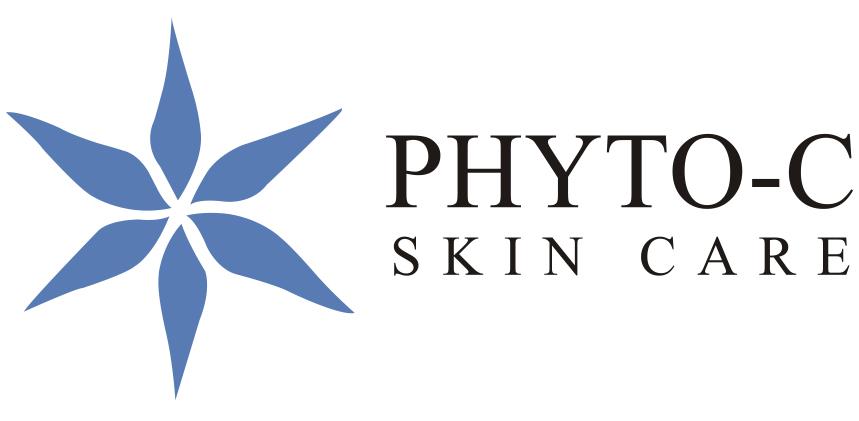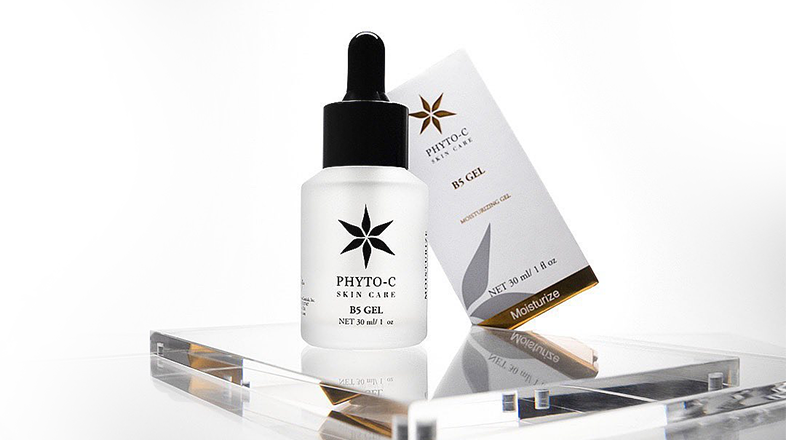Parabens are preservatives formulated in cosmetic and pharmaceutical products for their bactericidal and fungicidal properties. They are found in skincare, pharmaceutical products, and as food preservatives. Parabens occur naturally and commonly found in bacteria, insects, and royal jelly. Parabens may be a common defense of plants against bacterial or fungal infections.
However, using parabens in a formulation is frowned upon by consumers due to their potential toxicity and carcinogenic properties.
Are Parabens Bad?
Parabens are non-irritating and non-sensitizing. Less than 3% of patients tend to have sensitivity to parabens among people with contact dermatitis.
A 2005 study concluded it is highly unlikely that parabens could increase the health risk of the effects on the male reproductive tract or breast cancer.
The estrogenic activity of parabens increases with the length of the alkyl group. The effect of one of the longer paraben molecules being butylparaben suggests that it should be the most harmful. However, the negative health effects of butylparaben are observed at a dose level around 25,000 times higher than the level typically used to preserve products. The study concludes that the activity of parabens is reduced by about three orders of magnitude when investigated in vivo (human or animal) compared to that when done in vitro (in a lab experiment not involving a human or animal). Therefore, worst-case daily exposure to parabens would present less risk compared to naturally occurring chemicals found in the diet.
Paraben Concentrations in Formulas:
The European Scientific Committee on Consumer Safety (SCCS) claim that methyl and ethylparaben are safe. Although, using them at the maximum concentration of 0.8%. Additionally, the SCCS concludes that safe use of butyl and propylparaben should not exceed 0.19% in finished cosmetics.
Should I Avoid Parabens?
Ultimately, with so many natural alternatives available it would be in your best interest to research before purchasing. Call or email the brand and be sure to ask about the concentration of parabens in their products. You can call Phyto-C customer service line and speak to one of our representatives who will happily answer any question you may have even though our products do not contain parabens. However, it should also not be a reason to avoid a product.
If you do decide to stay away from parabens commonly found in creams and are in need for an excellent moisturizing cream free of parabens, consider trying Phyto-C SuperHeal O-Live Cream or Phyto-C Moisturize Cream.




 Next Post
Next Post